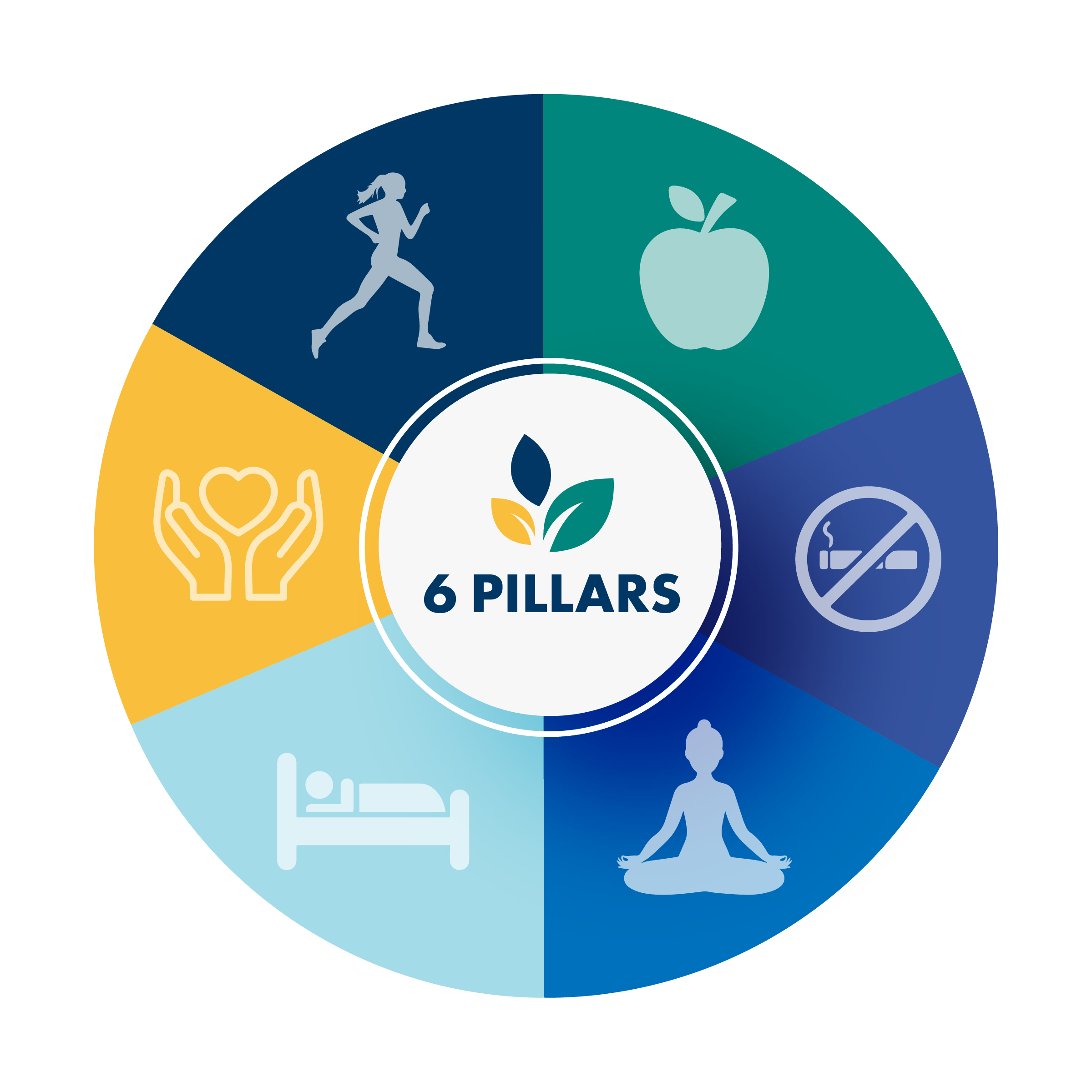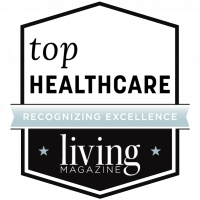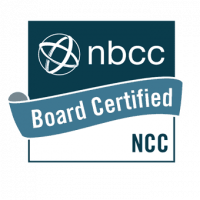12 Signs You Are Experiencing Clinical Depression
Are you wondering if you could be diagnosed with clinical depression? Below we list a few questions to ask yourself, if you happen to answer yes to them, it’s quite possible it’s time to explore help.
Do you find yourself feeling down? Do you find yourself beind down for more than two weeks? Do you notice a lack of energy and an inability to be productive? If so, it may be time to look closely at the possibility that you are experiencing what is known as clinical or major depression. Generalized depression is one of the most common mental illnesses among adults, but it can be hard to recognize or identify due to its surreptitious nature. Recognizing and acknowledging signs of depression can effectively help in managing symptoms and providing relief from this disorder. In this deepdive, we will explore 12 telltale signs that may indicate clinical depression.
What is clinical depression?
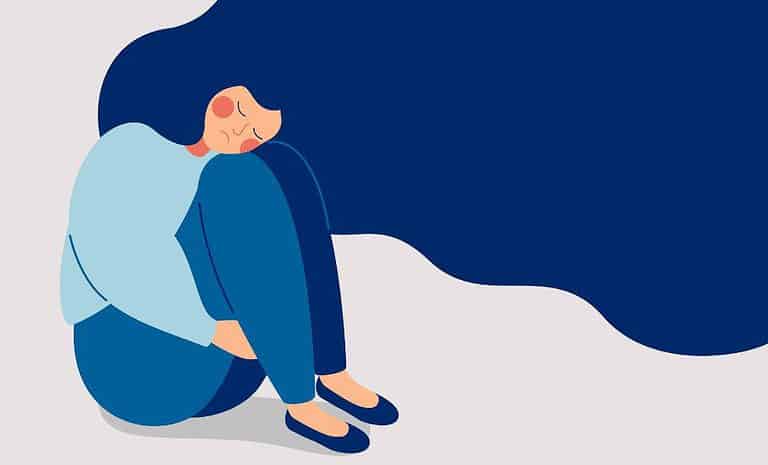
From mild, fleeting moments of grief to severe and long-term depression, it can be difficult to diagnose the more serious form – clinical depression. Clinical or major depressive disorder as its known in the DSM is distinct from a tragic life event or medical condition. A medical condition like Hashimotos can leave you feeling tired or out sorts, so it’s always best to make sure what you are feeling isn’t something circumstantial to your health. To detect this type of affliction accurately, many doctors employ criteria in the Diagnostic and Statistical Manual of Mental Disorders (DSM-5) distributed by American Psychiatric Association for major depressive disorder diagnosis.
Clinical Depression vs Major Depression - Is there a difference?

Most often those two terms are used interchangeably. They are both considered a more serious type of depression that can take over your life and have significant impacts on your daily functioning. This severe form of depression typically lasts for two weeks or more in a continuous fashion and usually significantly interferes with your daily functions and relationships.
What are the signs of clinical depression?
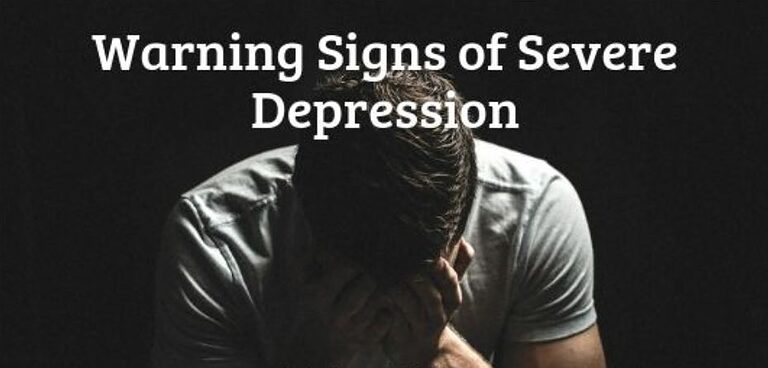
1. Persistent feelings of sadness and/or emptiness
2. Loss of interest in activities that used to bring pleasure
3. Feeling hopeless, helpless or despairing
4. Sleep disturbances (too much or too little)
5. Appetite changes (loss or gain in weight)
6. Changes in energy levels (fatigue or restlessness)
7. Feelings of worthlessness or guilt
8. Difficulties concentrating and making decisions
9. Suicidal thoughts or attempts
10. Anxiety, panic attacks, and/or irritability
11. Aches and pains with no known physical cause
12. Social withdrawal or isolation
Remember these feelings should be a noticeable difference to you from what’s normal. If you are experiencing any of the above symptoms, it is important to seek help from a mental health professional for a diagnosis. With proper treatment and support, it is possible to find relief from depression and lead a fulfilling life.
How is clinical depression diagnosed?
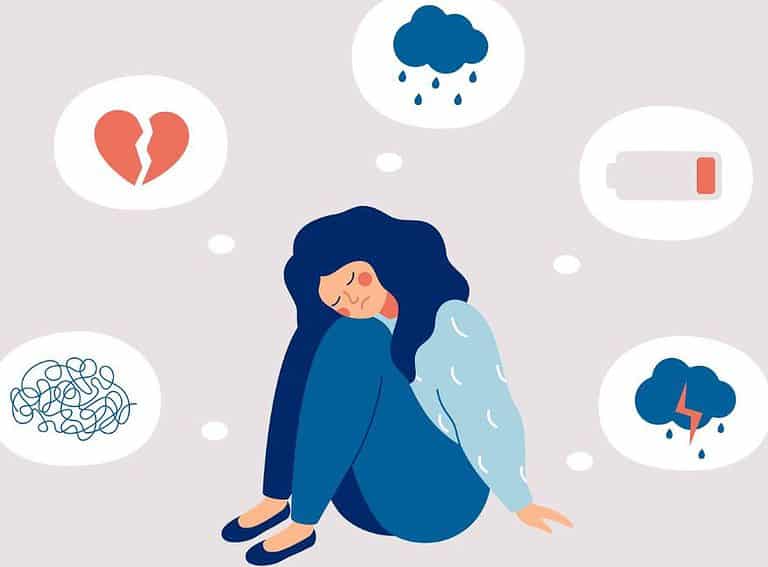
The diagnosis process starts with a full medical evaluation, including questions about symptoms and medical history. The physician may refer you to a mental health professional who is experienced in diagnosing and treating depression. During the assessment, they will likely ask you more pointed questions related to your emotional state and other relevant social factors. To make an accurate diagnosis, the mental health professional will also look at a variety of other sources, such as lab tests, psychiatrists’ reports (if available), and your self-reported history. Treatment options are then discussed to find the best fit for you.
What is the treatment for clinical depression?
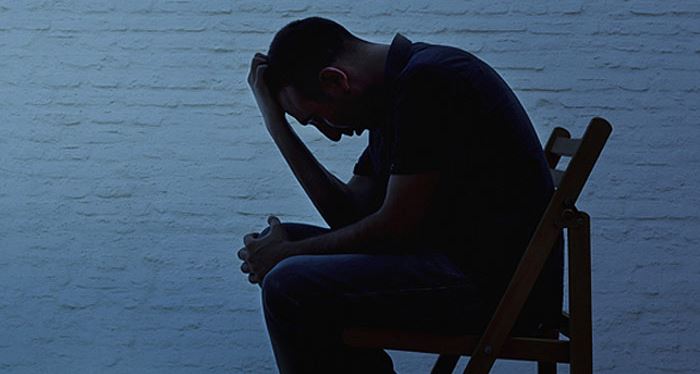
The type of therapy used for clinical depression will depend on the individual’s specific needs and preferences. Some people may benefit from cognitive-behavioral therapy, which helps them identify and change negative behaviors and thought patterns that contribute to their depression. Other treatments include psychotherapy, interpersonal therapy, stress management techniques, and medications.
Medicine
Antidepressants have an effect on the neurotransmitters in the brain. It should be noted, though, that it will take a full month and a half for these medications to reach their maximum potential. Keep taking your prescription no matter what; don’t ever stop without consulting with your healthcare provider first as this can be dangerous. A few individuals require different medicines or extra drugs to see results – so make sure you collaborate intently with your medical professional to identify treatment plans that work best for you!
Therapy
Cognitive behavioral therapy and interpersonal therapy are two of the most common approaches used to address mental health concerns. They focus on altering your negative thoughts, challenging harmful beliefs, strengthening relationships, and finding effective ways to manage stressful situations. These therapies can help you gain a more positive outlook on life so that you can achieve fulfilling and lasting outcomes.
Stress Management Techniques
Stress management techniques such as relaxation techniques, mindfulness, and physical activity can help you manage your symptoms of depression. Relaxation techniques include deep breathing exercises, progressive muscle relaxation, guided imagery, and visualization. Mindfulness activities can help you become more aware of your thoughts and feelings in the present moment. Physical activity helps to boost endorphins that naturally make us feel better.
In addition to therapy and medications, other treatments for clinical depression include support groups, lifestyle changes (such as getting enough sleep and eating a healthy diet), avoiding alcohol or drugs as they can worsen symptoms, seeking out social support from family and friends, taking time off work if needed (taking frequent breaks throughout the day), staying active in daily life (engaging in hobbies and activities that bring you joy), and finding peace in spirituality.
No matter which treatment option is chosen, it is important to remember that recovery is possible. With the right support, you can find relief from depression and lead a fulfilling life.
When should I be evaluated?
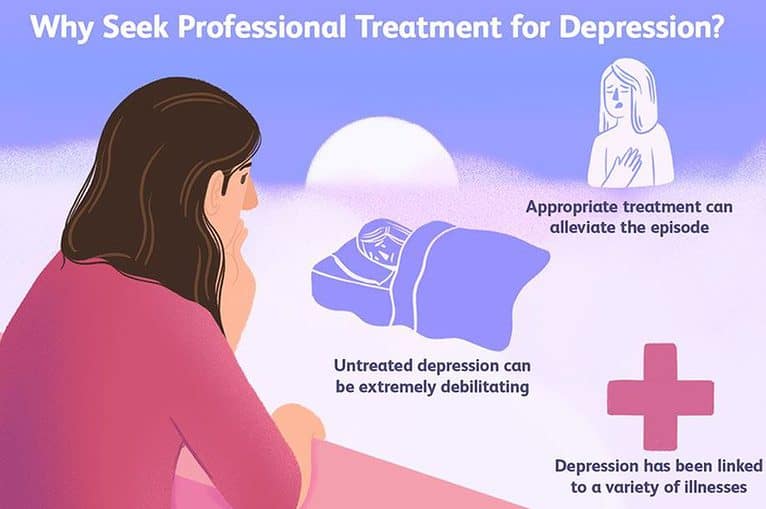
If you or a loved one has been exhibiting signs and symptoms of depression as noted above, it is important to be evaluated by a mental health professional. Typically speaking if you have 5 or more of the symptoms noted above and the severity has continued for two weeks or more, your chances of clinical depression or major depression are higher.
Major depression can affect anyone regardless of age, gender, race, ethnicity or socioeconomic status. It is best to seek help as soon as possible in order to receive the most effective treatment available. A combination of medications and psychotherapy is often recommended depending on the severity of the symptoms. If your symptoms are severe, you may need more intensive therapies such as electroconvulsive therapy (ECT) or transcranial magnetic stimulation (TMS).
It’s important to remember that everyone responds differently to different treatments and it can take time for the right treatment plan to be found. It’s also essential to be patient and kind to yourself as you work towards getting better. Recovery is a journey that takes time and effort, but it is worth it in the end.
In Conclusion
- Depression is a very serious problem that affects everything about a person, not just their mood or thoughts.
- Depression is a condition that results from an imbalance of the brain’s chemicals. Additionally, it appears to be hereditary in some cases, with family members being more likely than others to experience depression.
- Depression is an emotional state that can be characterized by oppressive feelings of sadness, inadequacy, powerlessness and frustration. These emotions are usually distinct from your regular mental states, persisting for a period longer than two weeks.
- Through a meticulous psychiatric evaluation and an overview of medical records, depression can be accurately diagnosed by a licensed therapist, psychologist or professional counselor.
- The most common form of treatment for depression is through the combination of both medication and therapy.
Other types of treatment include lifestyle changes, support groups, and more.
No matter which treatment option is chosen, it is important to remember that recovery from depression is possible. With the right support and commitment to taking care of your mental health, you can find relief from depression and lead a fulfilling life.
At the end of the day, everyone’s experience with depression is unique. It’s essential to take the time to learn about your own symptoms so you can get the help you need. Take charge of your health by speaking up and seeking professional help when needed. With dedication, perseverance, and self-care, recovery is possible. Everyone deserves to live their best life, don’t be afraid to seek out help in order to do so.
Free Major Depression Consultation
If you or a family member are suffering from depression, we’re here to help. You can instantly schedule a free consultation directly to a depression therapists calendar online. Click below to get started.
Share:

Megan Corrieri
Owner, Clinician, Wife & Mom
Free Clinical Depression Consult
When you are suffering from what you consider to be clinical depression? Don’t stress, we’re here to help. Schedule a free consultation with Megan.
Voted Best Mental Health Therapist in Frisco, TX 2022.
Social Media
Most Popular



